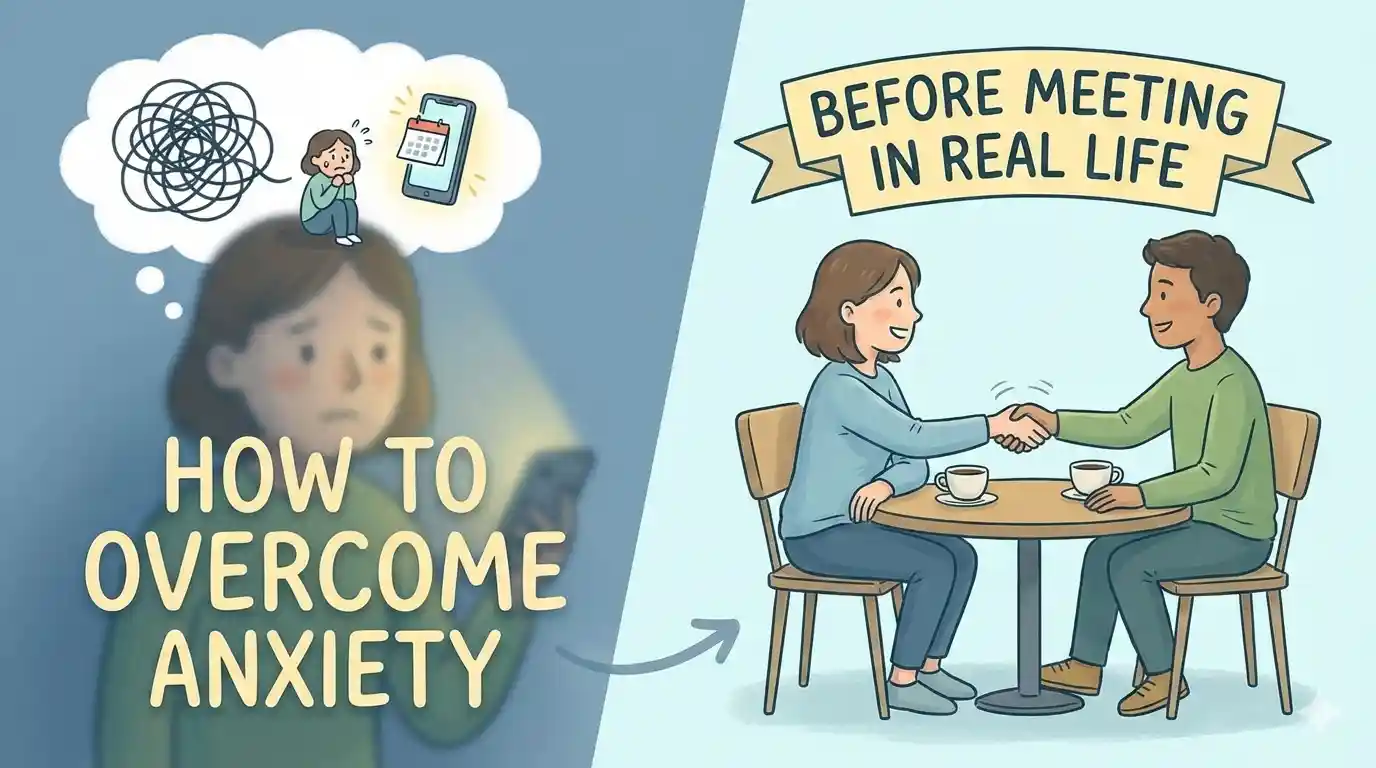Competing in poker tournaments is a thrilling and challenging endeavor that requires more than just good luck. Whether you’re a beginner or an experienced player, the dynamics of poker tournaments differ from casual games, and understanding how to approach them is key to your success. In this article, we’ll explore how to compete in poker tournaments effectively, covering strategies, skills, and tips to help you maximize your chances of winning.
Understanding Poker Tournaments
Poker tournaments are a structured competition where players compete against one another for a prize pool. Unlike cash games, where players buy in for specific amounts and leave when they choose, poker tournaments have a set starting point and continue until a winner is declared. Players are given a set number of chips and aim to outlast the competition by winning hands and surviving various stages of the tournament.
In a tournament, the goal is not just to win a hand but to accumulate chips and avoid elimination. As the tournament progresses, the blinds or antes increase, putting pressure on players to make strategic decisions. The excitement builds as fewer players remain in the game, and the stakes get higher.
Key Strategies for Competing in Poker Tournaments
Play Tight Early, Loosen Up Later
In the early stages of a poker tournament, the goal is to preserve your chips. Players should play tight, meaning they should only play strong hands and avoid unnecessary risks. This strategy allows you to conserve chips as the blinds are relatively low and you don’t want to get eliminated early.
As the tournament progresses and the blinds increase, players need to loosen up. With fewer chips, you must take calculated risks to accumulate more chips and stay competitive. This often means playing a wider range of hands, making aggressive moves, and trying to steal blinds.
Understand the Importance of Position
In poker, position refers to where you are seated at the table in relation to the dealer. Being in a late position (acting after most other players) gives you an advantage because you can observe other players’ actions before making your move. This allows you to make more informed decisions and control the flow of the game.
In poker tournaments, position is critical to successful play. Early positions should be played more conservatively, as you’ll have less information about other players’ hands. In contrast, later positions allow you to be more aggressive, especially when blinds increase.
Adjusting Your Play Based on Stack Size
Your chip stack size directly impacts your strategy. Players with large stacks can afford to play more aggressively, applying pressure to opponents. In contrast, players with small stacks (often referred to as “short stacks”) must play more conservatively. A short stack has fewer chips, so they need to make careful decisions to survive, such as looking for opportunities to double up or steal blinds without risking too much.
Managing your stack is crucial to success in a tournament. Players with a large stack should take advantage of their position and use their chips to force opponents into difficult decisions. Small stack players must be strategic, choosing moments to go all-in and hoping for favorable outcomes.
Understanding the Role of Blinds and Antes
The blinds and antes are forced bets that increase throughout the tournament. These bets are designed to create action and encourage players to compete for the pot. The structure of blinds and antes differs from tournament to tournament, but as the game progresses, these forced bets increase, putting pressure on players.
Blinds are placed by the two players to the left of the dealer, while antes are smaller forced bets that all players must contribute before the hand begins. When blinds increase, players must adapt their strategy by playing more aggressively to steal pots or avoid being blinded out.
For players seeking more options and fewer restrictions, gambling sites not on GamStop are an option. These platforms cater to players who want to bypass self-exclusion programs like GamStop. They offer a wider range of poker tournaments, larger bonus opportunities, and greater flexibility in terms of playing styles. However, it’s essential to ensure that these sites are reputable and secure before committing to them.
Stealing Blinds
As the blinds increase, stealing blinds becomes an essential part of tournament play. Players can win the blinds without having to show their cards by making aggressive bets when they’re in a late position. This tactic is most effective against players who are likely to fold, such as those with small stacks who want to preserve their chips.
However, stealing blinds can be risky. If you get caught by a player with a strong hand, you could lose a significant portion of your stack. The key is to choose the right moments and be aware of the players you’re up against.
The Mental Game: Patience and Focus
Poker tournaments require mental endurance. The hours of play, fluctuating chip stacks, and emotional highs and lows can take a toll on players. Staying focused and patient is crucial for success. Many players get frustrated after losing a big hand or missing a valuable opportunity, but maintaining emotional control is key to making better decisions.
The ability to read your opponents and understand their behavior is also an essential part of the mental game. Watch for patterns in their betting and try to predict their next move. Bluffing is a critical aspect of poker, but it requires confidence and the ability to read your opponent’s reactions.
Playing Online Poker Tournaments
Online poker tournaments differ from live tournaments in several ways, though many of the strategies remain the same. The key difference is the online format, where players are often dealing with faster-paced games and a larger pool of players. Online tournaments often offer more opportunities to play at any time, but they also come with different challenges, such as limited ability to read physical tells and the distraction of playing from home.
The Benefits of Playing Online Poker
Online poker tournaments offer several advantages, including convenience, the ability to play at any time, and access to a wide variety of games. Many online casinos host poker tournaments with smaller buy-ins, allowing players to participate without risking large amounts of money. Furthermore, online poker often features freeroll tournaments, where players can enter for free and compete for real money prizes.
Players can also benefit from playing at multi-table tournaments (MTTs), where hundreds or thousands of players compete for large prize pools. These tournaments are highly competitive but can be very rewarding for skilled players who know how to navigate them.
Popular Trends in Online Poker Tournaments
Several trends are shaping the future of online poker tournaments. Live streaming has become increasingly popular, with players sharing their tournament experiences on platforms like Twitch and YouTube. This trend has helped poker gain a larger following and allowed players to learn from professionals in real-time.
Another trend is the rise of mobile poker. Many players now access online tournaments via smartphones and tablets, making it easier to compete from anywhere. Mobile poker apps have become increasingly sophisticated, providing players with a smooth and seamless experience.
Choosing the Right Platform for Poker Tournaments
When selecting a platform for online poker tournaments, it’s essential to choose one that offers a wide variety of games and tournaments. Look for a platform with a user-friendly interface, good customer support, and reliable payment methods for both deposits and withdrawals. Additionally, ensure the site is licensed and regulated to guarantee a safe and fair gaming experience.
Conclusion: Mastering Poker Tournaments
Competing in poker tournaments is not just about winning hands; it’s about strategy, mental toughness, and adapting to the dynamics of the game. By understanding key elements like stack management, the role of position, and the importance of adjusting your strategy, you can improve your chances of success. Whether you’re playing in a live casino or online, mastering poker tournaments requires practice, patience, and the ability to stay focused under pressure.




